Ukraine urges more sanctions, trade help
Ukraine has urged the Morrison government to impose sanctions on Russian officials and ban the country’s propaganda outlets from operating in Australia.
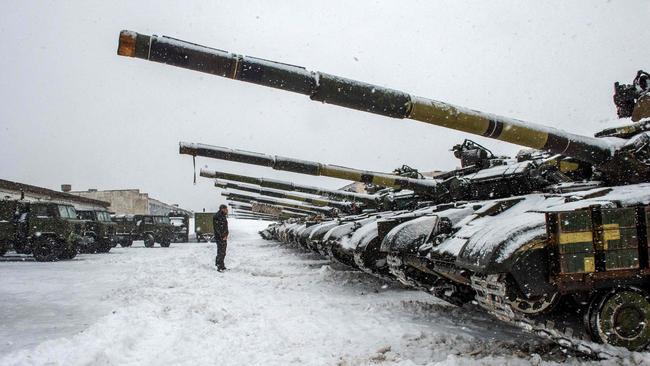
Ukraine has urged the Morrison government to impose sanctions on Russian officials and ban the country’s propaganda outlets from operating in Australia, as more than 100,000 Russian troops mass near Ukraine’s border.
Ukrainian Foreign Minister Dmytro Kuleba has also called for more cyber and technical military support from Australia, and urged better trade terms for his country to help bolster its financial resilience.
In an article published by the Australian Strategic Policy Institute’s Strategist blog, Mr Kuleba said Australia had been a consistent supporter of Ukraine’s sovereignty, imposing tough sanctions on Russia in 2014 over its annexation of the Crimea peninsula.
Amid fears of a looming Russian attack on his country, he urged Australia to use its new sanction laws to send a “strong deterrent message” to Vladimir Putin’s regime.
The laws, passed by parliament in December, can be used to target individual human rights abusers, cyber attackers and corrupt officials.
“It is time to impose tougher sanctions on Russia,” Mr Kuleba said.
The calls comes just days after Finance Minister Simon Birmingham declared Australia “will not hesitate” upgrading its sanctions against Russia “if that’s warranted”.
Mr Kuleba said countering Russian disinformation was also vital to blunt the country’s efforts to sow confusion and manipulate public opinion.
“Putin’s main disinformation tools, Russia Today and Sputnik, still freely operate in Australia,” he said. “As a nation that has learned how to effectively counter Russian propaganda, Ukraine knows that the realistic strategy is to ban these propaganda tools altogether. Propaganda is a state-sponsored lie, not an alternative or independent opinion.”
Australia and Ukraine are already working together to counter Russian cyber attackers, who recently knocked out Ukrainian government websites.
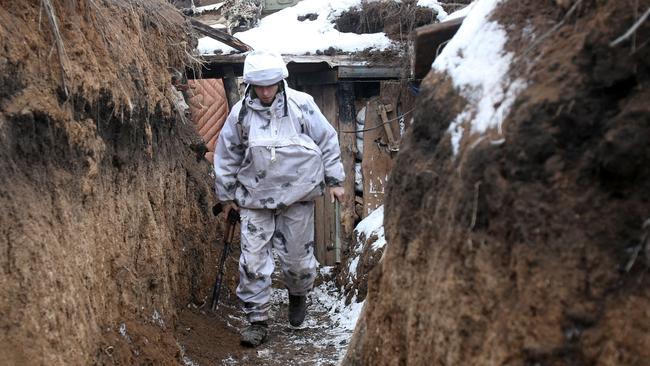
Mr Kuleba said Ukraine wanted to broaden cyber co-operation with Australia “to exchange best practices and strengthen cyber defences for both nations”. Talks on more favourable trade treatment of Ukraine by Australia were also more urgent now, he said, to boost Ukraine’s “financial strength and resilience”.
The Biden administration announced it would send an extra 3000 troops to key areas in Europe, in addition to the 8500 put on alert for deployment to the region last month.
Russian Deputy Foreign Minister Alexander Grushko said the move would “increase military tension and reduce scope for political decision”.
Mr Kuleba said Ukraine was not counting on the deployment of Australian troops, which the Morrison government has ruled out, but urged “deeper military-technical co-operation to strengthen our armed forces”.
He said the tense stand-off on the border was also an opportunity to strengthen intelligence sharing between Australia and Ukraine.
Western powers have been engaged in intense diplomatic efforts – coupled with the threat of sanctions against Mr Putin’s inner circle – to deter what they fear to be a looming invasion of ex-Soviet Ukraine, despite strenuous denials from Moscow.
Germany Chancellor Olaf Scholz said on Wednesday he would soon travel to Moscow to discuss the crisis, while French President Emmanuel Macron said a similar trip may be in the cards.
Russia’s ambassador to Australia last week accused the federal government of “fanning hysteria” about a possible invasion of Ukraine.
Additional reporting: AFP


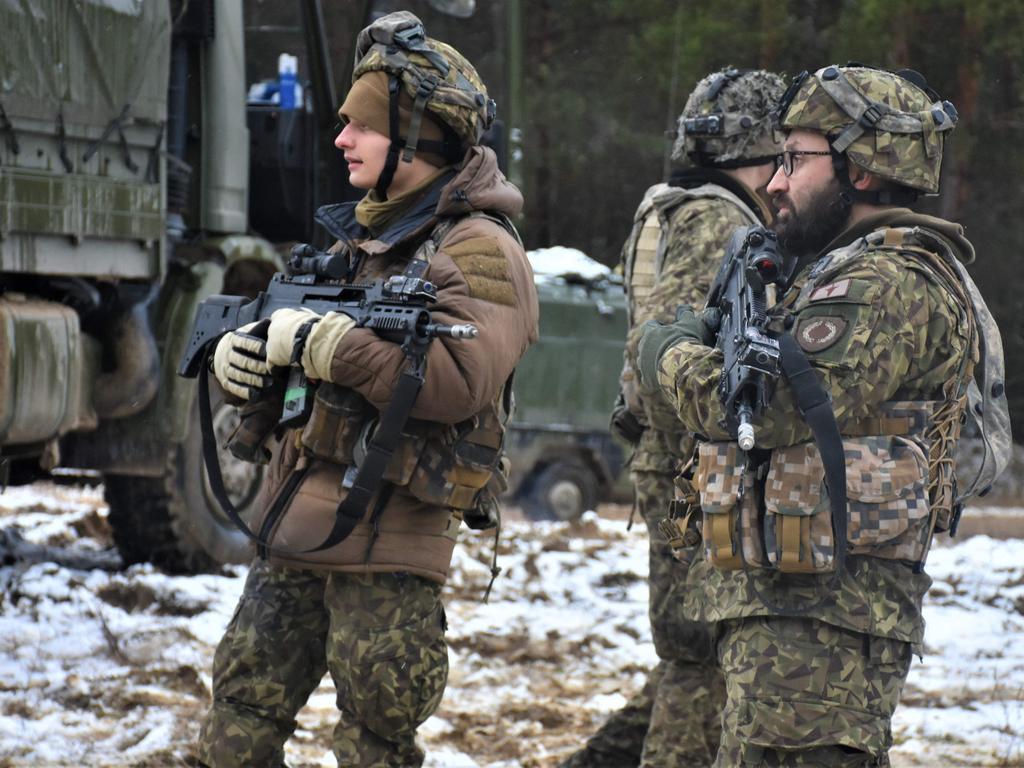
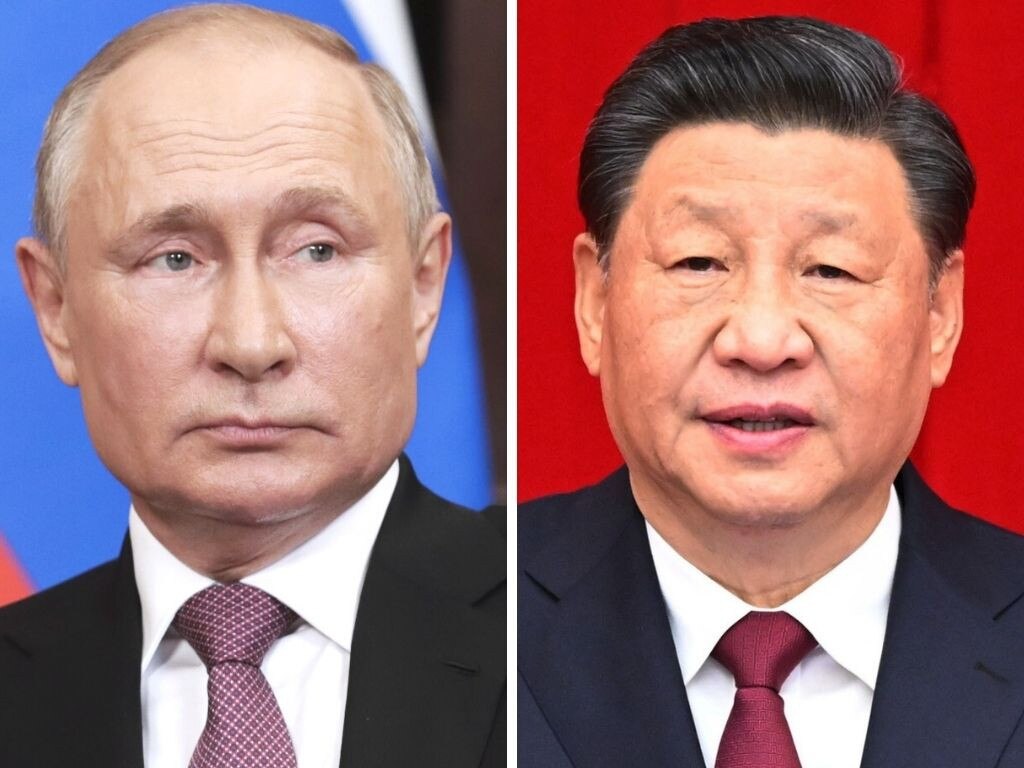
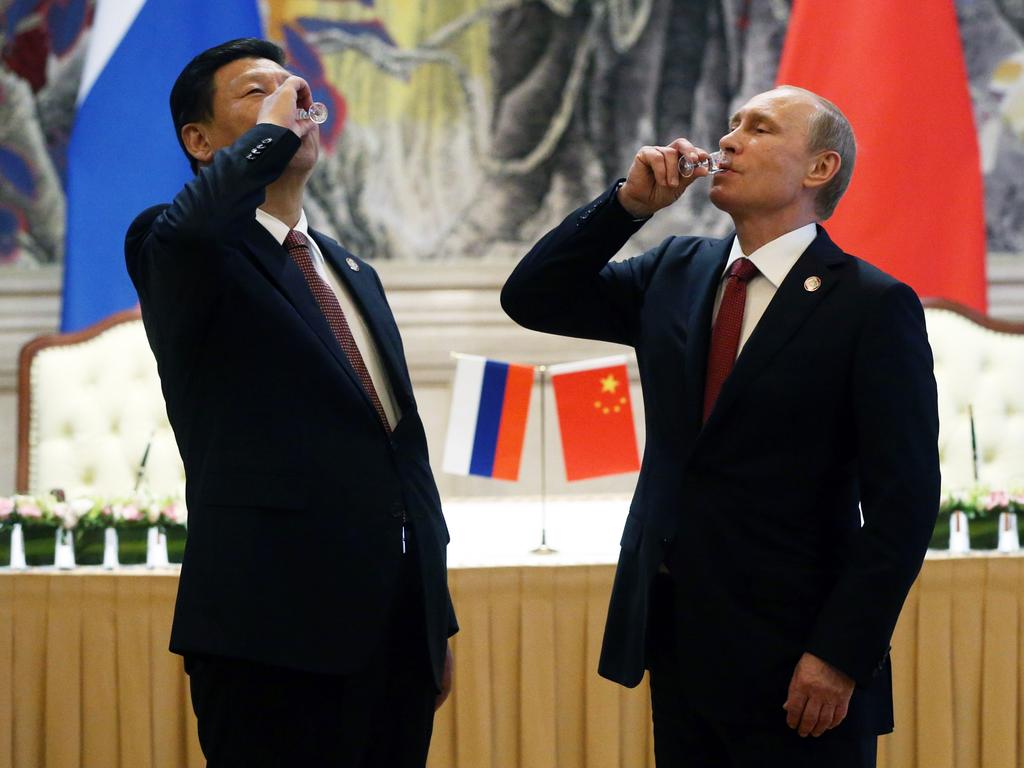
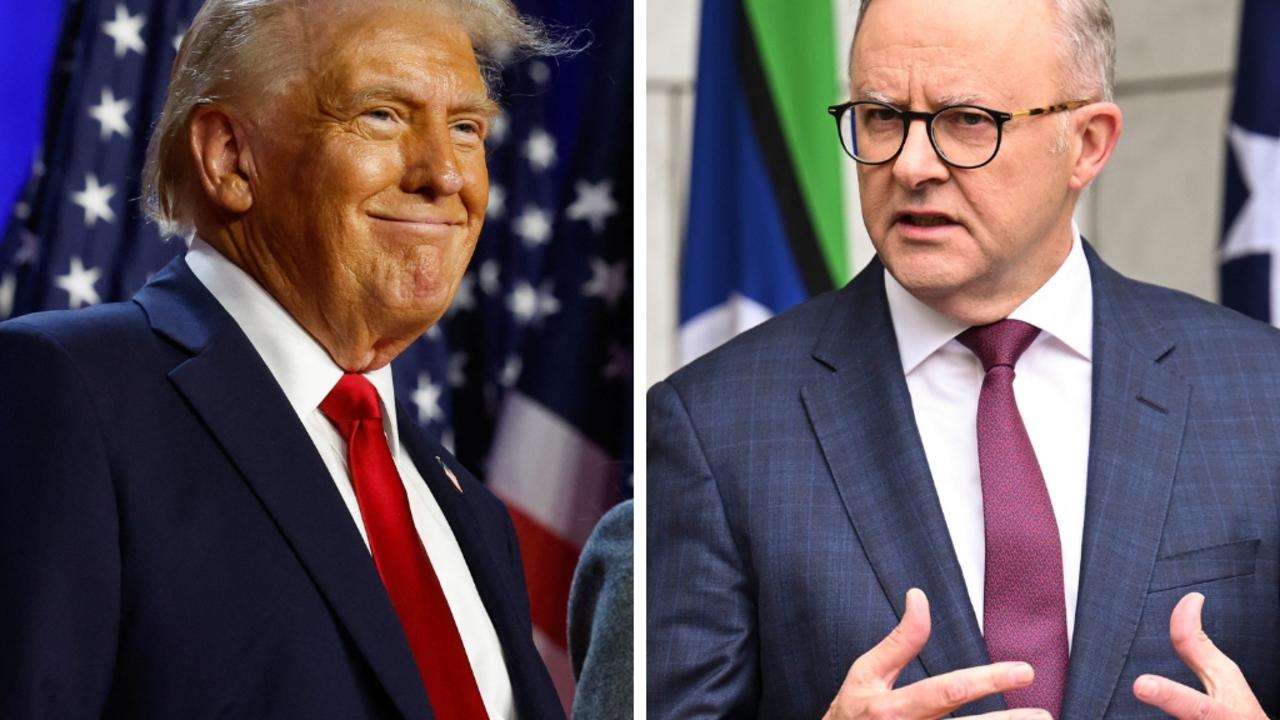

To join the conversation, please log in. Don't have an account? Register
Join the conversation, you are commenting as Logout